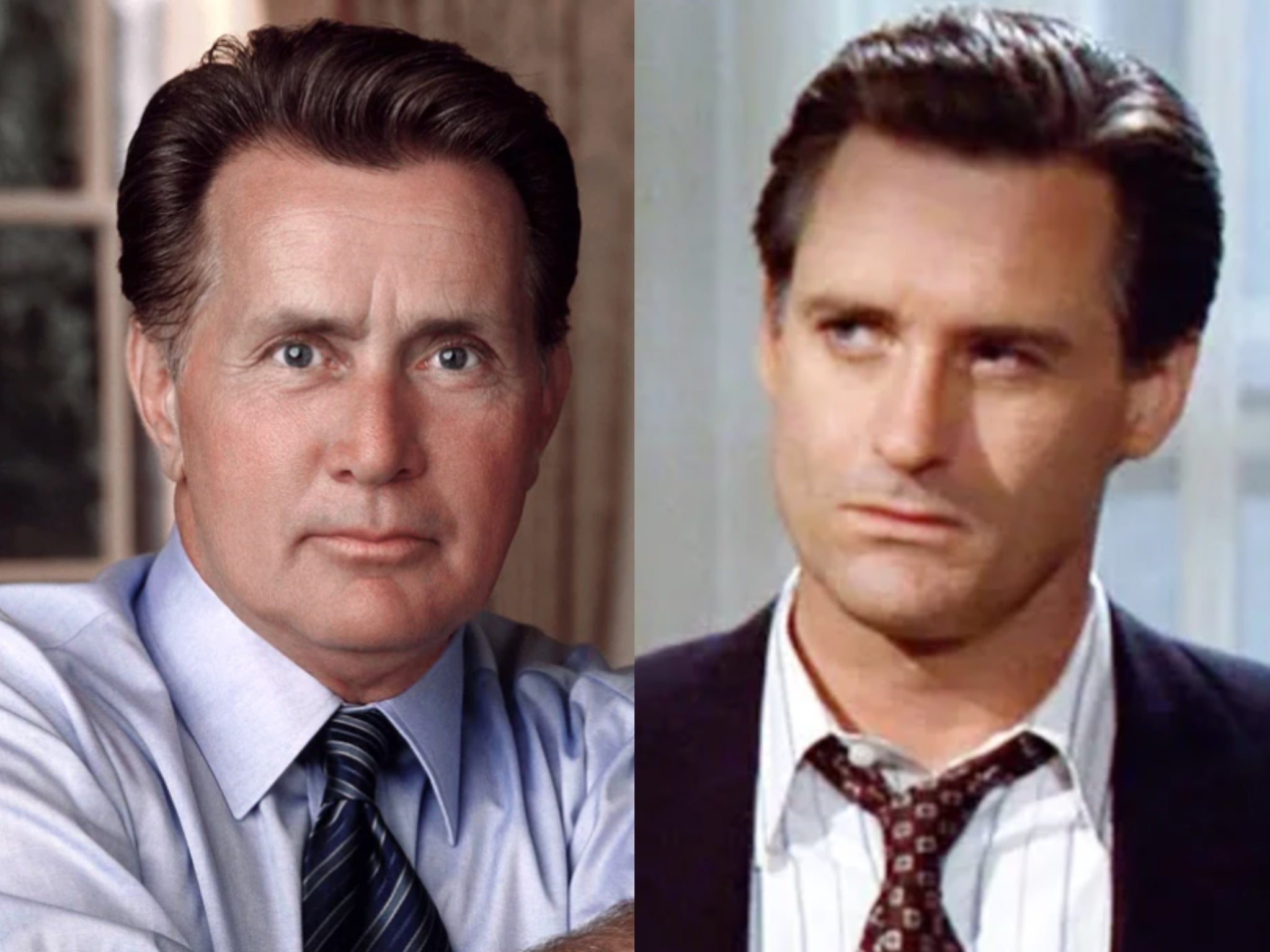There’s a moment in the opening episode of Netflix’s new political thriller Zero Day when, in the wake of a massive, deadly cyberattack on America, Robert De Niro’s former president George Mullen embarks upon an impromptu walkabout through a devastated city. In front of him is a crowd teetering on the line between angry and hostile. After being furiously challenged by one hothead, Mullen stops and addresses him directly. He’s reassuring but slightly combative. He challenges the man – and by extension the country – to respond to the crisis by trying to find the best in themselves.
Quickly, the man is won over – seemingly convinced that in spite of everything, America might actually be in safe hands after all. Ironically in the wake of recent events, the sitting fictional president in Zero Day is a Black woman, Angela Bassett’s Evelyn Mitchell. Which is lovely, but come on now guys. Are you really expecting us to regard this wholesome scenario, in which, even in the midst of trauma, Americans can be rallied by a bipartisan appeal to the common good, as remotely representative of current lived reality? If anything, it prompts a sad, cynical snigger.
In truth, there’s always been a mildly comical aspect to fictional American presidents. And the more seriously they take themselves, the more comical they become. Mullen takes himself very seriously indeed. But from the resolute liberal piety of Martin Sheen’sWest Wing paragon of virtue Jed Bartlet to the gung-ho fighter pilot chops of Bill Pullman’s Thomas J Whitmore in Independence Day, they’ve usually represented earnest, competing versions of American self-image, heightened to the point of absurdity.
But what happens to the concept of the fictional figurehead when the man in the White House is a convicted felon? Maga isn’t just dismantling America’s administrative infrastructure and democratic norms; it’s quickly dismantling America’s sense of itself. At various points in Zero Day, Mullen agonises over the unprecedented level of executive power he has been granted. He proclaims: “We’re not going to spin anything. The American people need to know the truth”. In the era of Donald Trump, this seems quaint – why wouldn’t a president take everything on the table, lie about it, and still demand more?

Arguably, for all of his greatness as an actor, De Niro is the worst possible performer to address this question. He’s made no secret of his utter disdain for Trump and in voicing his opinions, he’s almost certainly channelling a point of view that is fairly universal in Hollywood circles. The triumph of Trump represents the end of an era. Robert De Niro is very much playing Robert De Niro’s idea of an exemplary former American president – he invests George Mullen with a sort of wounded, craggy nobility. But now the real-life American electorate has chosen such a different path, who, exactly, is this series aimed at?
It’s clear that in the context of the recent US presidential election, the elite-level culture war barely registered. Kamala Harris had Taylor Swift, Beyoncé, Bruce Springsteen, Madonna and dozens of other cultural heavy hitters in her corner. Trump had Kid Rock and Hulk Hogan. But as hard as it might be to stomach, he also had the popular vote. His lack of cultural reach, finally, meant nothing. Given the borderline nihilism seemingly embodied by Trump’s triumph, his lack of celebrity appeal was arguably even an advantage.
So where does that leave dramas with the sensibility of Zero Day? In terms of its place in the intersection between politics and culture, it feels comparable to watching a gently familiar period drama. As shows ranging from Brideshead Revisited to Downton Abbey have proved, people love taking comfort in the certainties of the past when the present seems scary. For all of its ostensibly modern, if slightly rote calling cards – angry shock jocks, lone wolf terrorists, the vulnerability of the interconnected world – Zero Day feels anachronistic, like an exercise in nostalgia.
Of course, none of this is really Zero Day’s fault. On its own terms, it’s fine. It’s twisty and full of jeopardy and intrigue. And it was in the works years before Trump’s miraculous rebirth was considered plausible. How could its makers have guessed that launching a coup against America wouldn’t affect Trump’s prospects of leading the country once again? The question now is what comes next? This may even represent an opportunity. If the idealised, sensible Hollywood liberal president has lost traction as a concept, what freedom that represents.
So if we must have fictional American presidents, this is surely a moment for villainous ones. Corrupt ones. Crazy ones. Given the seriousness with which we’re currently obliged to treat Donald Trump, surely we can’t be expected to extend the same levels of moral respect to any fictional representations? Instead, writers should lean into the scathing comedy, the absurdity. Perhaps along the lines of Veep’s President Selina Meyer (Julia Louis-Dreyfus), a woman who leaves staffers to fend for themselves in Iran in order to stage-manage the press reaction to her bungling? Or Peter Sellers’s President Merkin Muffley in Dr Strangelove who basically destroys the world? Heightened times call for heightened fictional solutions. Who knows, after a few years of villainy and monstrosity, America might finally be in the mood for a real life George Mullen – or even, an Evelyn Mitchell?


